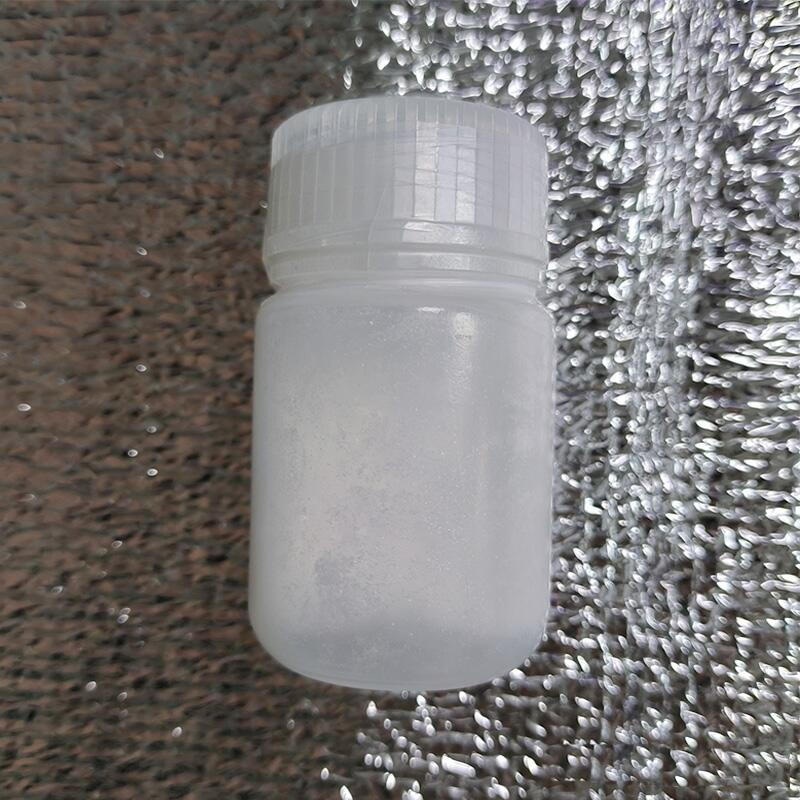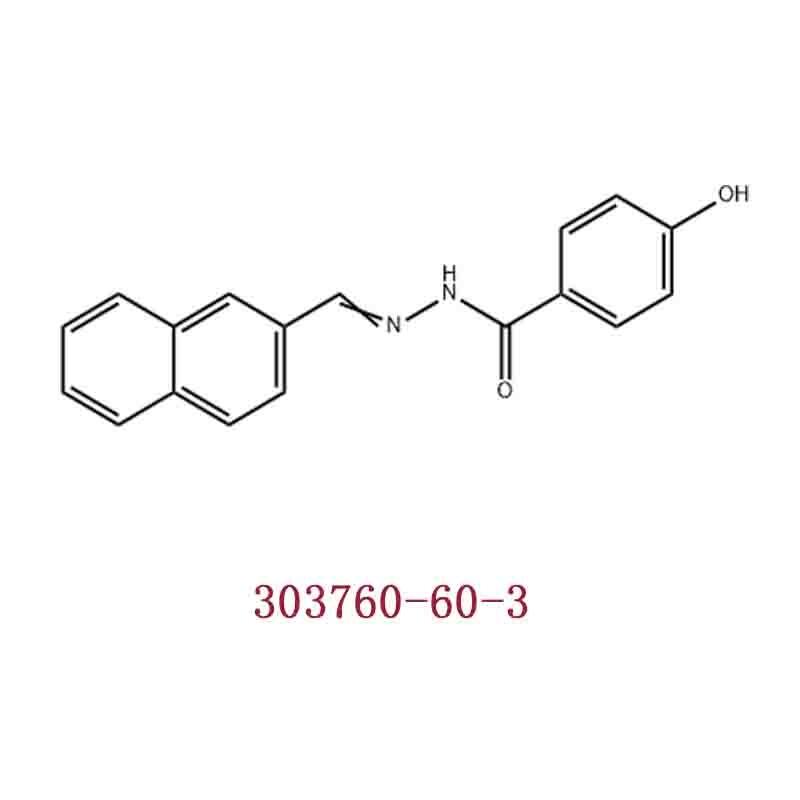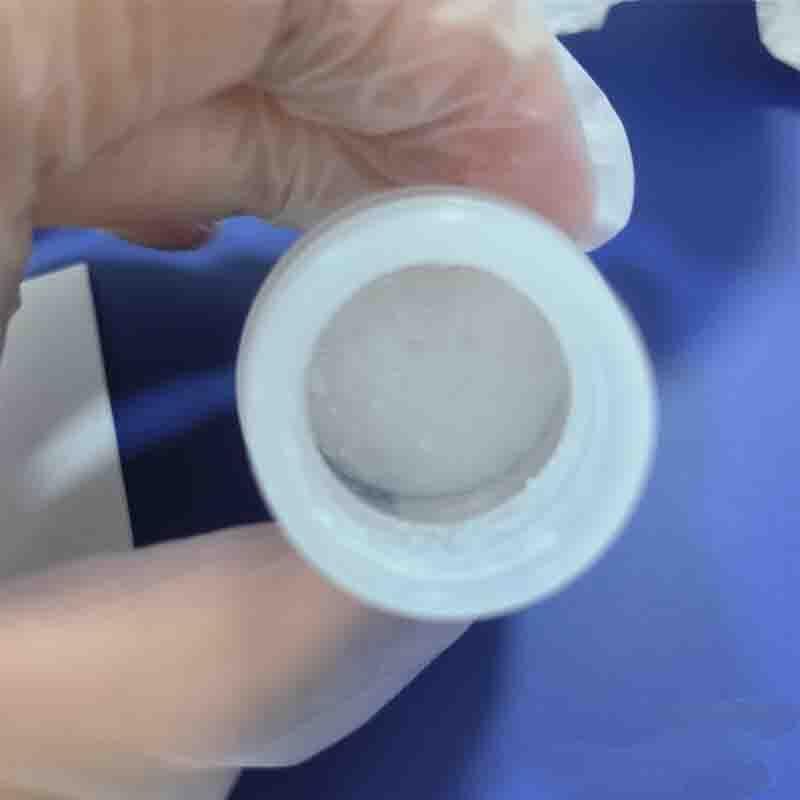-
Categories
-
Pharmaceutical Intermediates
-
Active Pharmaceutical Ingredients
-
Food Additives
- Industrial Coatings
- Agrochemicals
- Dyes and Pigments
- Surfactant
- Flavors and Fragrances
- Chemical Reagents
- Catalyst and Auxiliary
- Natural Products
- Inorganic Chemistry
-
Organic Chemistry
-
Biochemical Engineering
- Analytical Chemistry
-
Cosmetic Ingredient
- Water Treatment Chemical
-
Pharmaceutical Intermediates
Promotion
ECHEMI Mall
Wholesale
Weekly Price
Exhibition
News
-
Trade Service
For medical professionals to read for reference, the following points should be noted for treatment: my country is a country with a high incidence of Helicobacter pylori (Hp) infection, and 25% to 30% of Hp-infected patients will develop gastrointestinal diseases of varying degrees, such as indigestion, chronic Gastritis, peptic ulcer, etc.
, and H.
pylori infection is also one of the causes of gastric cancer in my country, so should all H.
pylori-positive patients receive eradication therapy? Not all people with Hp infection need treatment.
Although Hp infection is common, most people will not develop disease for life, and only a small proportion of people infected may develop disease
.
Also, not all infected people need treatment
.
China's "Expert Consensus on the Prevention and Control and Management of Helicobacter pylori Infection in Chinese Households (2021)" recommends 12 indications for H.
pylori eradication (see Table 1)
.
At present, the following two strategies for the diagnosis, treatment and management of Hp infection are adopted in China and internationally
.
① "Detect and treat": This strategy is for uninvestigated young (age < 60 years) patients with dyspepsia symptoms and is cost-effective in areas with low Hp infection rates, but is not suitable for alarm symptoms or older age (≥60 years old) patients
.
②“Screening and treatment”: This strategy is suitable for areas with high Hp infection rates, or patients with a family history of gastric cancer, alarm symptoms, and living in areas where gastric cancer is endemic
.
In areas with high rates of H.
pylori infection and high incidence of gastric cancer, the “screen and treat” strategy for H.
pylori eradication can help prevent gastric cancer, has cost-effective advantages, and is worthy of population-based screening and intervention
.
Once it is determined that treatment is required, the treatment needs to pay attention to the following points! According to the Fifth National Consensus Report on the Management of Helicobacter pylori Infection in China, the quadruple regimen containing bismuth (PPI + bismuth + 2 antibiotics) is recommended as the main empirical treatment regimen for Hp eradication (7 regimens are recommended, Table 2).
, the course of treatment is 10 or 14 days, and these programs are currently widely used in clinical practice
.
Except for levofloxacin-containing regimens, the eradication regimens are not divided into first-line and second-line regimens, and the regimen with high efficacy should be used as the primary treatment as much as possible
.
At present, 6 antibiotics commonly used for Hp eradication in China include clarithromycin, metronidazole, levofloxacin, amoxicillin, tetracycline and furazolidone
.
The first three antibiotics have a high resistance rate and cannot be used repeatedly after treatment failure; the latter three antibiotics have a very low or almost no resistance rate and should be preferred in the eradication program
.
At the same time, the following points should be paid attention to in the treatment of H.
pylori: 1.
Before regular drug treatment, the patient must stop using acid-suppressing drugs and bismuth drugs for more than 2 weeks, and stop antibacterial drugs for more than 1 month
.
2.
Smoking and drinking will affect the cure of Hp
.
Smoking can stimulate gastric acid secretion, reduce gastric mucosal blood flow, and reduce gastric mucus secretion, thereby reducing the concentration of antimicrobial drugs reaching the gastric mucosa
.
Drinking alcohol has many interactions with antibiotics, including disulfiram-like reactions
.
3.
Be sure to take a full course of treatment and a full dose of medicine
.
The quadruple therapy recommended by the consensus requires a course of treatment of 10-14 days, and cannot be less than 10 days.
Many patients do not adhere to the treatment after taking the medicine for a week, resulting in treatment failure
.
4.
Understand the patient's past application history of antibiotics, and avoid repeated selection of antibiotics that are likely to lead to secondary resistance
.
Amoxicillin-containing regimens are contraindicated in patients with penicillin allergy.
Quinolones can cause achondroplasia in patients under the age of 18, so patients under the age of 18 should be banned.
Metronidazole can cause cytopenias, neurological symptoms, and may have teratogenic effects.
Breast-feeding Pregnant women, women within 3 months of pregnancy, patients with central nervous system diseases and blood diseases are prohibited
.
5.
Bismuth may cause nausea, constipation, and melena; long-term large amounts can cause nephrotoxicity; heavy metal bismuth is neurotoxic and can cause acute reversible encephalopathy
.
6.
Most patients do not need to reexamine gastroscope after eradication treatment.
Non-invasive methods can be used for detection.
Urea breath test is the best choice
.
The evaluation should be carried out 4 to 8 weeks after the end of eradication therapy, during which the use of antibiotics, bismuth, some traditional Chinese medicines with antibacterial effects, and PPIs will affect the test results
.
Bismuth and antibiotics should be discontinued for 28 days and PPIs should be discontinued for 7-14 days prior to the urea breath test
.
Treatment failure, how to treat repeated Hp infection? For H.
pylori-infected patients, some of the population will fail H.
pylori treatment, leading to repeated H.
pylori infection.
According to consensus, those who fail to treat at least 3 or more times of "standard quadruple therapy" within 1-2 years are called refractory Hp infection
.
For refractory H.
pylori infection, the treatment principles should be as follows: (1) First, select sensitive antibiotics that are not resistant to resistance and have a low resistance rate; Any 2) who still fail, it is recommended to do a drug susceptibility test before treatment to guide the selection of sensitive antibiotics, and choose other alternative treatment drugs if necessary, such as rifabutin, minocycline, etc.
; (3) Strengthen gastric acid suppression, such as increasing the dose of PPI, CYP2C19 gene polymorphism detection to guide drug use, and potassium ion-competitive acid blocker (P-CAB); (4) Those who have conditions are recommended Do H.
pylori strain typing test; give appropriate patient treatment at appropriate time, such as eradication timing should be 3-6 months from the last eradication, fully communicate with patients the details of medication, precautions, possible adverse reactions and countermeasures , emphasizing the importance of compliance; (5) Integrating traditional Chinese and Western medicine, treating both the symptoms and root causes, close observation and follow-up
.
References: [1] National Clinical Research Center for Digestive Diseases (Shanghai), etc.
"Expert Consensus on Prevention, Control and Management of Helicobacter pylori Infection in Chinese Residents' Families (2021).
" Chinese Journal of Digestive Diseases 41.
4(2021):13.
[2] Chinese Medical Association, Journal of Chinese Medical Association, General Practice Branch of Chinese Medical Association, et al.
Guidelines for primary diagnosis and treatment of Helicobacter pylori infection (2019) [J].
Chinese Journal of General Practitioners, 2020, Vol.
19, Issue 5, Pages 397-402, ISTIC, 2021.
[3] Helicobacter pylori and peptic ulcer group of Chinese Medical Association Gastroenterology Branch, National Helicobacter pylori Research Collaborative Group, Liu Wenzhong, et al.
The Fifth National Helicobacter pylori Infection Management Consensus report[J].
Chinese Journal of Digestion, 2017, 37(6): 364⁃378.
DOI: 10.
3760/cma.
j.
issn.
0254⁃1432.
2017.
06.
002.
[4] Hu Fulian.
Treatment of refractory Helicobacter pylori infection Principles and Strategies [C]// Proceedings of the 29th National Academic Conference on Integrative Medicine of Digestive System Diseases.
2017.
Expert Profile Prof.
Xiaocang Cao, Chief Physician and Professor of Gastroenterology Department of Tianjin Medical University General Hospital, Master Supervisor of Tianjin Medical University, Doctor of Medicine of Peking Union Medical College·Tsinghua University, postdoctoral fellow at Texas State University School of Medicine, and postdoctoral visiting scholar at Lille University School of Medicine in France
.
Member of the Digestive Endoscopy Committee of the Inflammatory Bowel Disease Group of the Gastroenterology Branch of the Chinese Medical Association, Deputy Director of the Youth Committee of the Behavioral Medicine Branch of the Chinese Medical Association, and member of the Clinical Epidemiology Collaborative Group of the Gastroenterology Branch of the Chinese Medical Association,
.
His research results have won awards from international conferences such as the American Gastroenterology Annual Meeting and the European Union Gastroenterology Annual Meeting, and he has published dozens of papers in SCI journals and Chinese series journals
.
Xie Dong is a clinical pharmacist in the General Hospital of Tianjin Medical University, a clinical pharmacist who specializes in gastroenterology in the National Clinical Pharmacist Training Base, and an MTM pharmacist certified by the American Pharmacists Association (APhA)
.
Liu LingPuyang City People's Hospital Clinical Pharmacist







